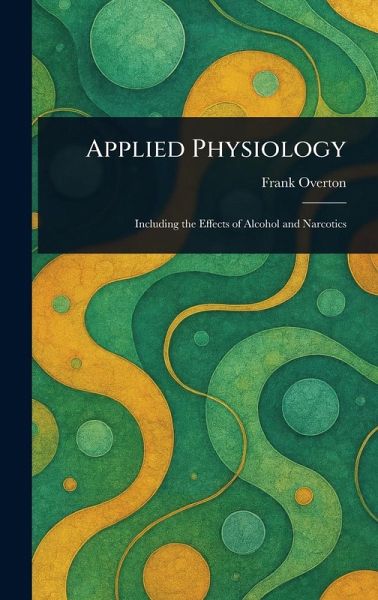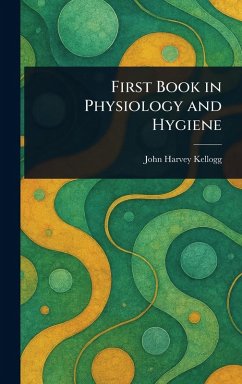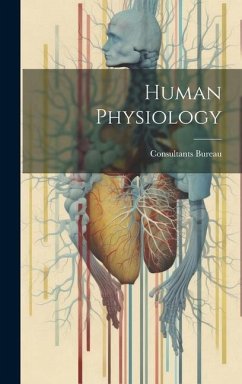
Applied Physiology
Versandkostenfrei!
Versandfertig in über 4 Wochen
28,99 €
inkl. MwSt.

PAYBACK Punkte
14 °P sammeln!
"Applied Physiology: Including the Effects of Alcohol and Narcotics" by Frank Overton is a historically significant exploration of human physiology with a particular focus on public health. This meticulous print republication delves into the science of the body and examines the impact of various substances, notably alcohol and narcotics, on its functions. As a work relevant to both medical physiology and sociology, the book offers insights into health education from a historical perspective. Readers interested in the intersection of science, public health, and the societal implications of subs...
"Applied Physiology: Including the Effects of Alcohol and Narcotics" by Frank Overton is a historically significant exploration of human physiology with a particular focus on public health. This meticulous print republication delves into the science of the body and examines the impact of various substances, notably alcohol and narcotics, on its functions. As a work relevant to both medical physiology and sociology, the book offers insights into health education from a historical perspective. Readers interested in the intersection of science, public health, and the societal implications of substance use will find this a compelling and informative read. Discover a classic text that remains relevant for its detailed study of physiology and its early consideration of the effects of alcohol and narcotics. This work has been selected by scholars as being culturally important, and is part of the knowledge base of civilization as we know it. This work is in the public domain in the United States of America, and possibly other nations. Within the United States, you may freely copy and distribute this work, as no entity (individual or corporate) has a copyright on the body of the work. Scholars believe, and we concur, that this work is important enough to be preserved, reproduced, and made generally available to the public. We appreciate your support of the preservation process, and thank you for being an important part of keeping this knowledge alive and relevant.














